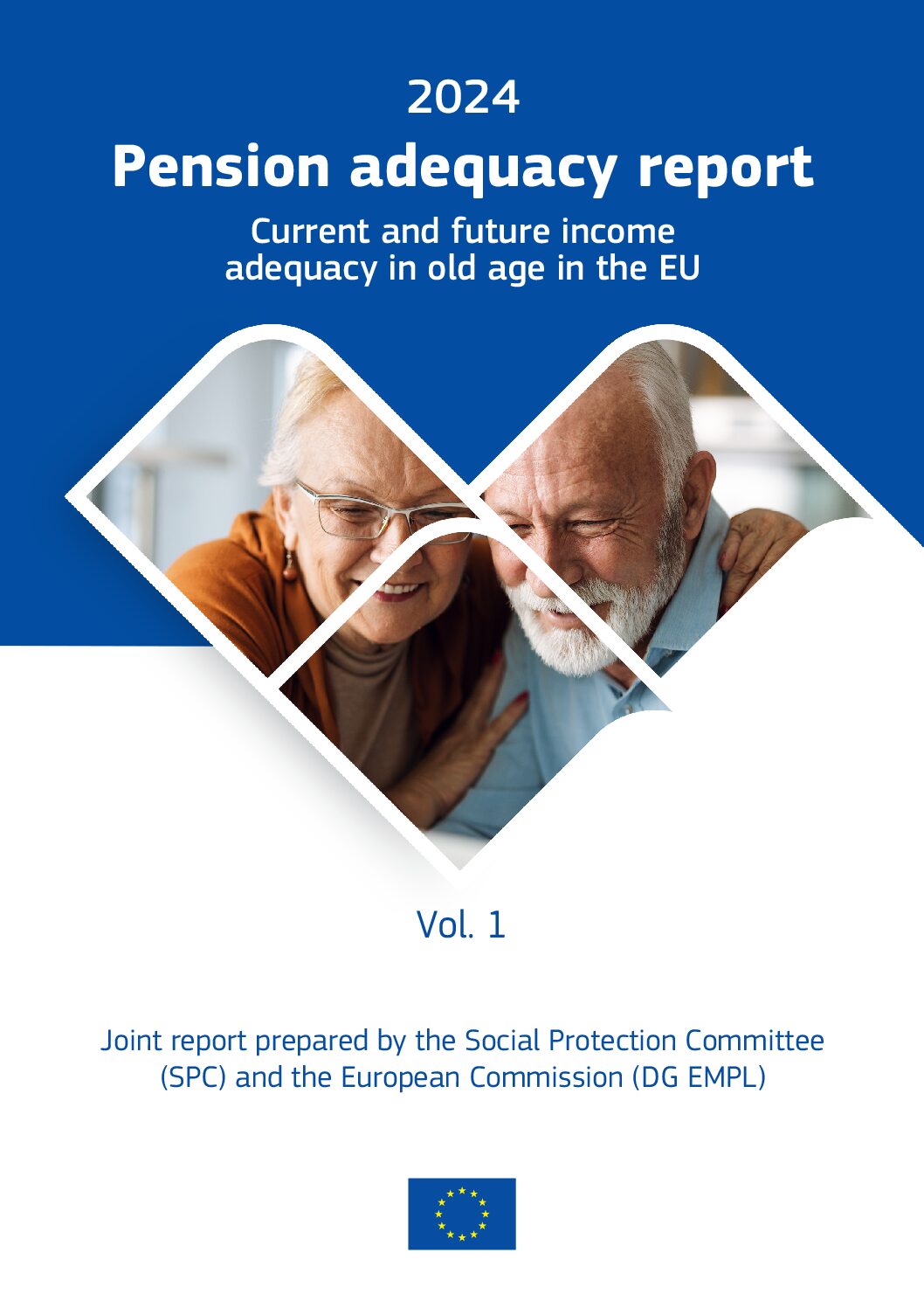Women, self-employed most vulnerable to pension shortfalls: Eiopa
Europe’s pension system is becoming increasingly unsustainable, Eiopa chair Petra Hielkema warned. She highlighted that women, self-employed workers and people with limited financial literacy are the most vulnerable, stressing the need for structural reforms to ensure long-term retirement security. The European Union's pension system is “no longer sustainable” in its current form and must undergo urgent reform to prevent millions of retirees from falling into poverty, Petra Hielkema, chairperson of the European Insurance and Occupational Pensions Authority (Eiopa), stated in...










